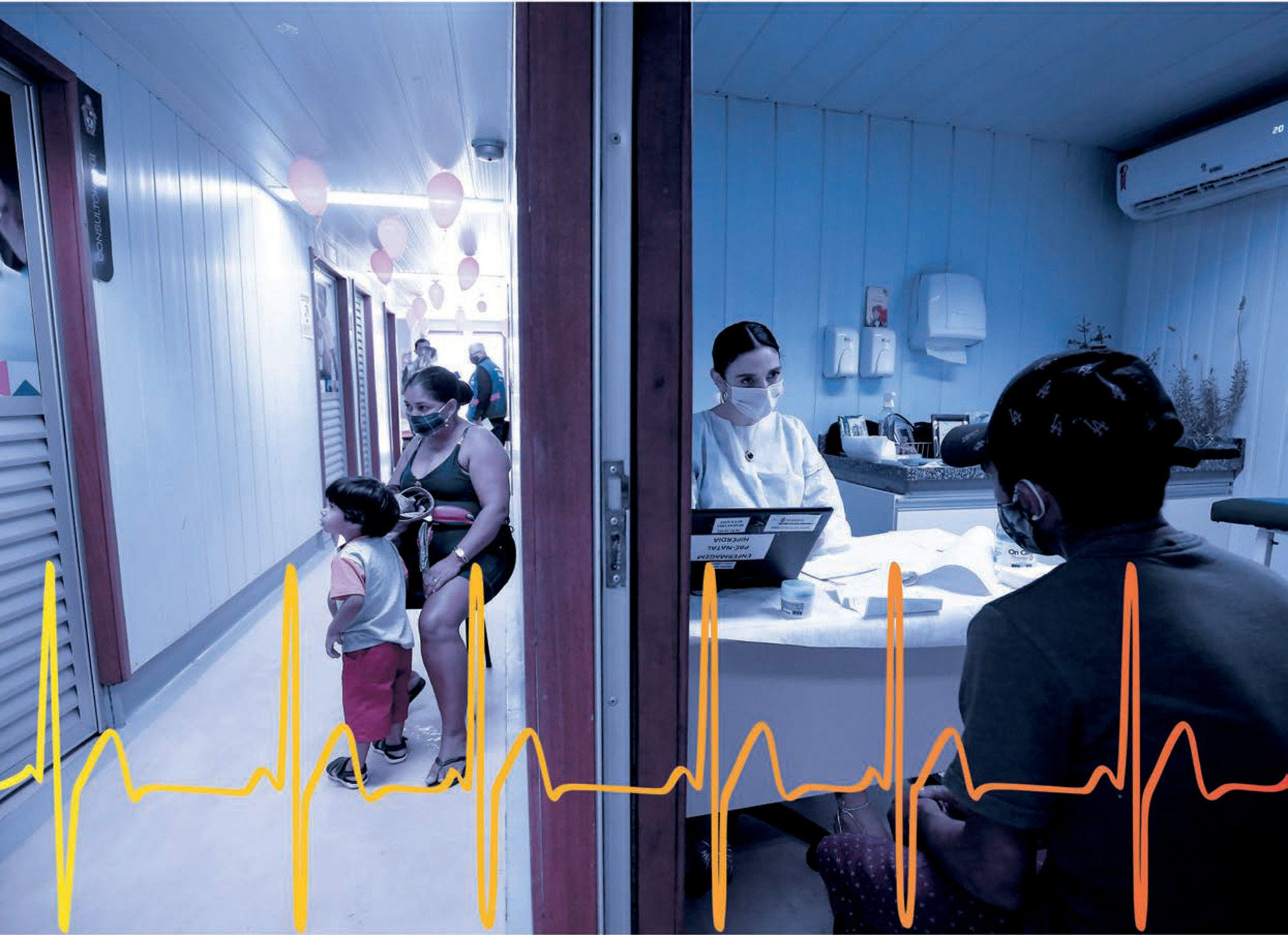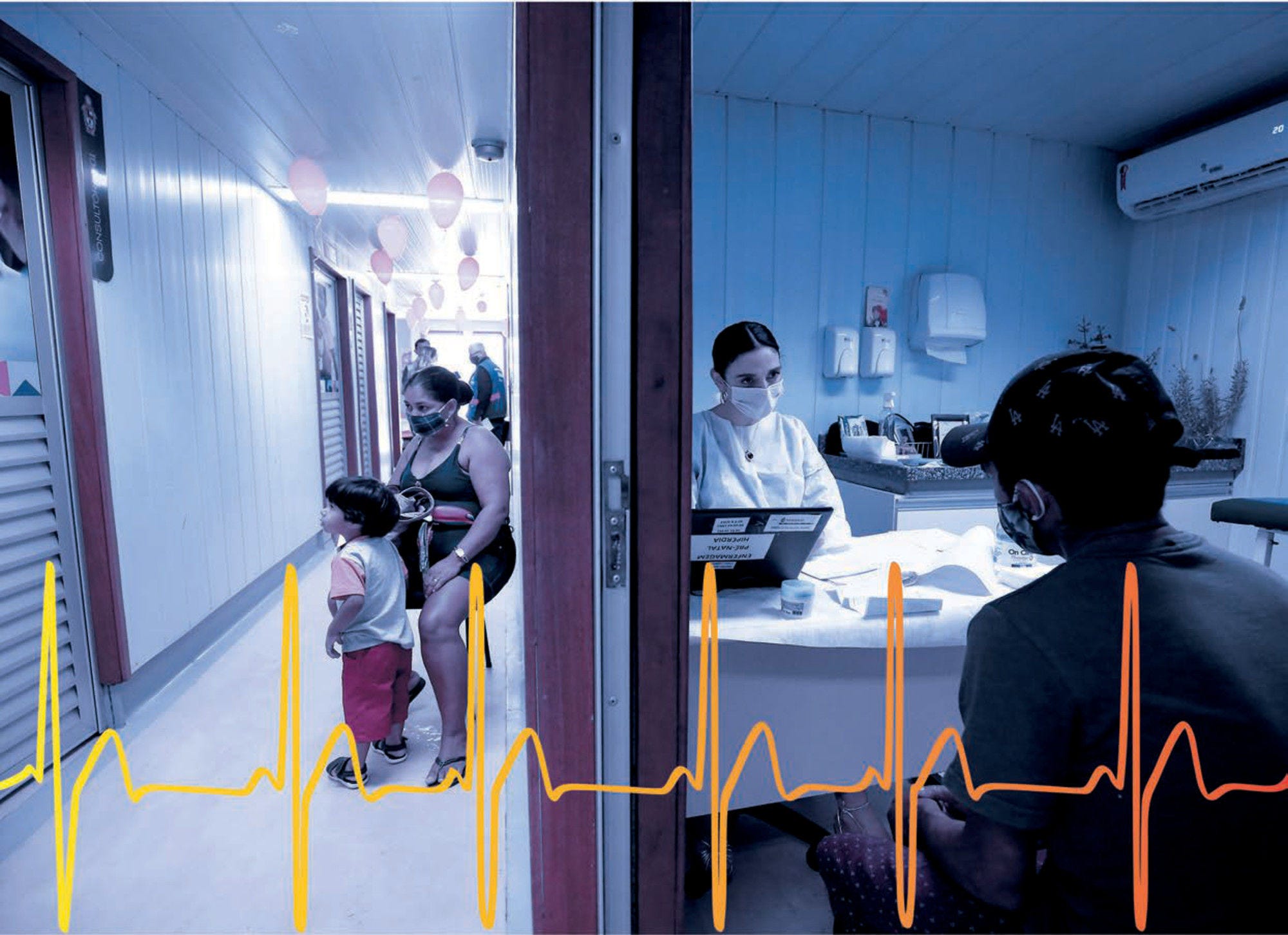Ten years after the introduction of publically-funded universal health insurance, the Mexican health system finds itself at a critical juncture. Unquestionably, some measures of health and health system performance have improved: those previously uninsured now use health services more often, whilst numbers reporting impoverishing health expenditure having fallen from 3.3% to 0.8%. Other indicators, however, remain worrying. Rates of survival after heart attack or stroke are markedly worse than in other OECD countries. Prevention is a particular concern: with 32% of the adult population obese, Mexico ranks as the second most obese nation in the OECD and almost 1 in 6 adults are diabetic. Other key metrics imply deep-rooted inefficiencies in the system: administrative costs, at 8.9% of total health spending, are the highest in the OECD and have not reduced over the past decade. Likewise, out-of-pocket spending has stuck at nearly 50% of total health spending - the highest in the OECD - and implies that individuals feel the need to visit private clinic despite having health insurance. In short, Mexico’s massive public investment in its health system has failed to translate into better health and health system performance to the extent wished and a programme of continued, extensive reform is needed. This report sets out the OECD’s recommendations on the steps Mexico should take to achieve this.
OECD Reviews of Health Systems: Mexico 2016
Report
OECD Reviews of Health Systems

Share
Facebook
Twitter
LinkedIn
Abstract
In the same series
Related publications
-
 21 November 2024
21 November 2024 -
 Policy paper19 November 2024
Policy paper19 November 2024









